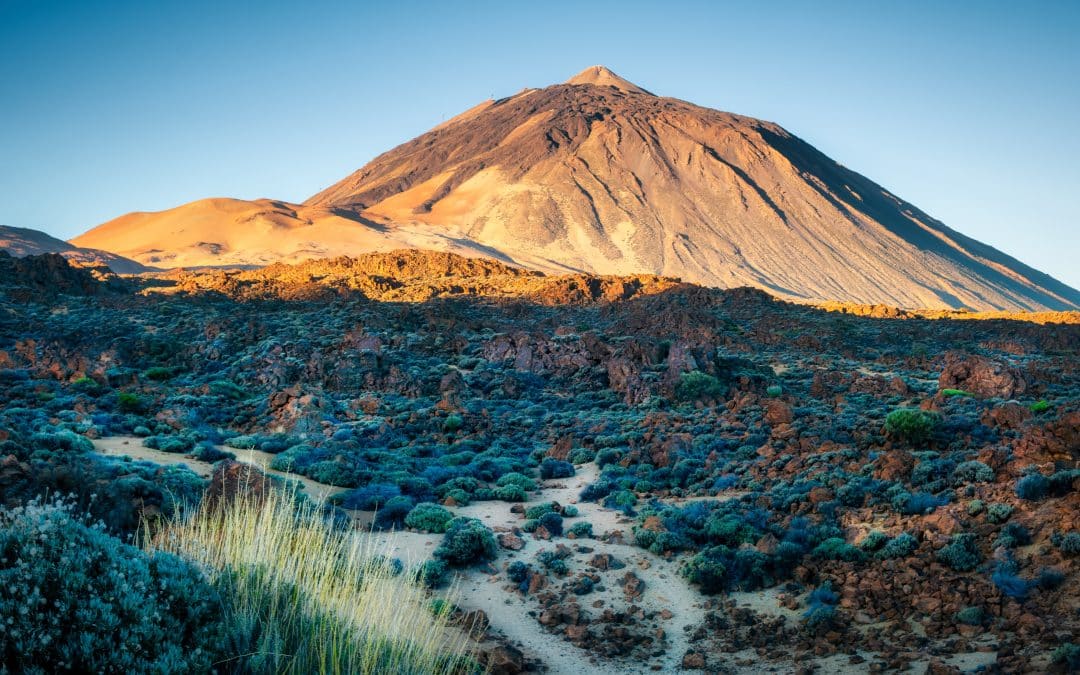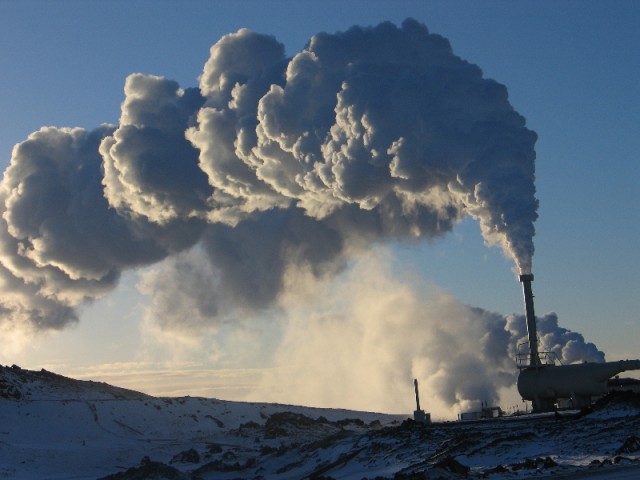Ethiopia needs to drill deep to achieve its goal of becoming carbon neutral by 2025. Literally. Below the country’s surface lies its energy future- over 7,000 megawatts of geothermal power potential.
Geothermal energy is heat that’s generated from the earth’s core, can be extracted through deep wells, and be used to create steam that turns turbines that generate electricity. It is a long-lasting, clean source of power. Usually found along plate boundaries and volcanic areas, geothermal energy is abundant in the Rift Valley in Ethiopia. Tapping its potential requires both investment and expertise, making it expensive and risky.
Ethiopia’s government aims to tap more than 5,000 megawatts of operational geothermal capacity in the coming decades, which will require approximately $20 billion of investment.
IFC is working with Ethiopia’s Ministry of Water, Irrigation, and Electricity and the Ethiopian Electricity Agency to create an investor friendly regulatory environment. IFC is lending support to government to enact regulations to facilitate private developers to engage in geothermal projects. The goal is to harness the private sector’s financial and technical expertise, while ensuring that Ethiopia’s geothermal resources result in broad benefits. Over the coming months, IFC and the Ministry will be reaching out to the private sector and civil society stakeholders for input in the drafting these regulations.
New energy sources are vital as demand for affordable energy rises in Ethiopia. Ethiopia has 2,300 megawatts of already installed power capacity for a population of 90 million. Only 24 percent of the population has access to electricity. Determined to increase access, the government has undertaken bold programs to develop renewables. Recent power projects include the 1,870 megawatt Gibe III hydropower plant on the Omo River, which is expected to expand further.
Still, most of Ethiopia’s energy is generated from hydropower, where supply is threatened during periods of drought. Geothermal energy has the added advantage of being baseload power, meaning it does not depend on wind, sun or water, and is constantly available. In 2015, Ethiopia kick-started its geothermal exploration by signing a 500 megawatt power purchase agreement for the Corbetti project, a joint undertaking between the government and Reykjavik Geothermal, a U.S.-Icelandic private developer.
Awakening the sleeping furnaces underground will be an arduous process. But with the right reforms, and partnership between the public and private sector, Ethiopia will be on its way to becoming East Africa’s geothermal hub.
For more information, contact Daniel Shepherd, dshepherd@ifc.org or Neha Sud, nsud@ifc.org
http://www.ifc.org/wps/wcm/connect/news_ext_content/ifc_external_corporate_site/news+and+events/news/za_ifc_geothermal_ethiopia_fiani




